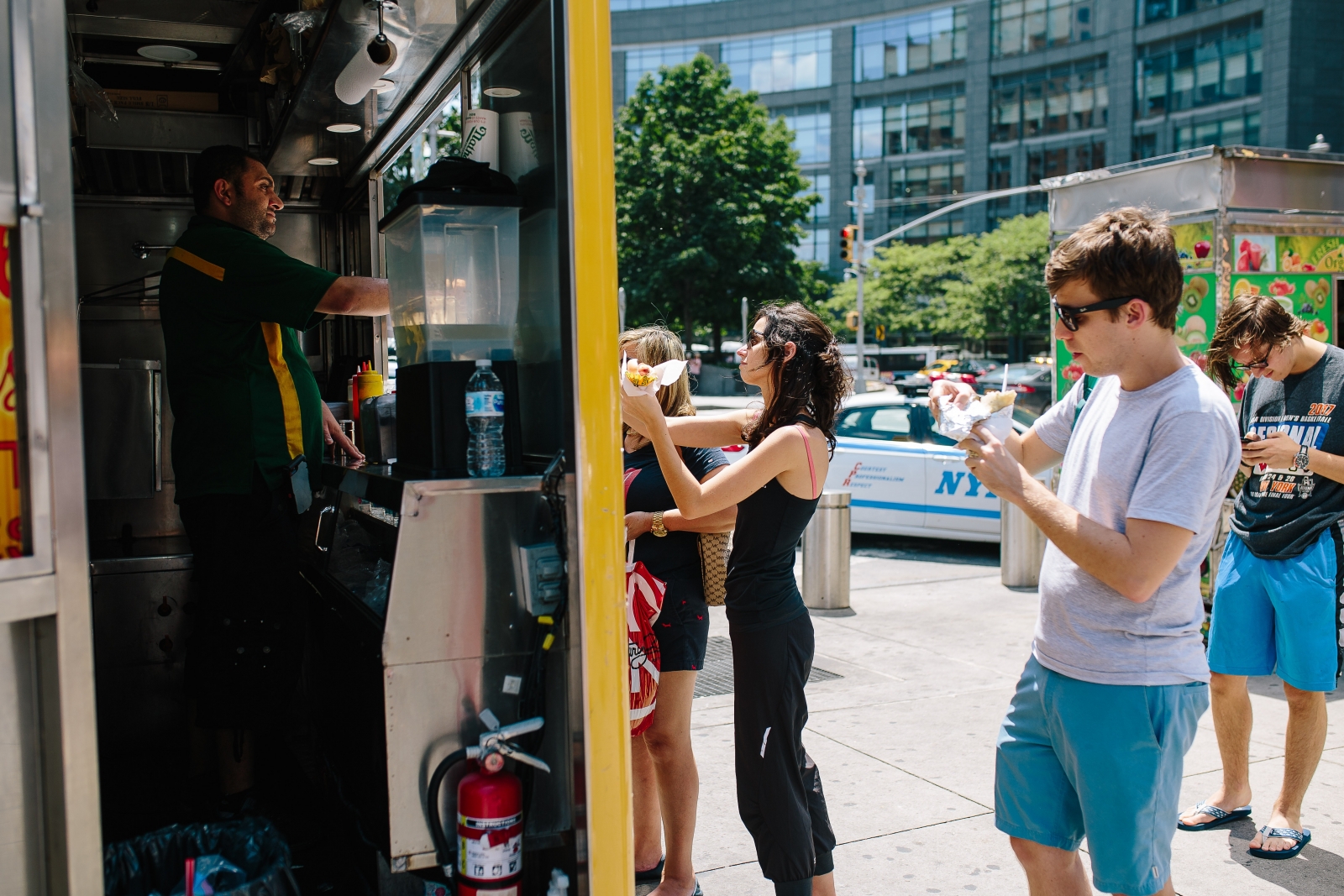Taking it to the Streets
Starting a food truck? Here's what you need to know
Lisa Crocco //November 14, 2018//


Taking it to the Streets
Starting a food truck? Here's what you need to know
Lisa Crocco //November 14, 2018//

Food trucks can be delicious money-makers. According to Food Truck Nation, the industry is estimated to have exceeded $2.7 billion in revenue in 2017 – a 300 percent bump in revenue during the past three years. Combined with a relatively inexpensive price tag, this growth makes food trucks a competitive option for aspiring food service entrepreneurs.
Launching a food truck business can be lucrative, but it can also be a risky and complicated path. When it comes to owning and operating any type of business, you should protect your assets from any potential liabilities.
Each state has its own set of rules and regulations that businesses must follow. This can be difficult to navigate, especially if you are a first-time business owner. Food Truck Nation notes that: “On average, starting and maintaining a food truck business for one year requires an entrepreneur complete 45 separate government-mandated procedures over the course of 37 business days and spend $28,276 on permits, licenses, and ongoing legal compliance.”
YOUR FOOD TRUCK LLC
With all the ongoing legal compliance you may need when owning and operating a food truck business, it opens you up to plenty of risk. To protect personal assets, you may consider forming a limited liability company (LLC). An LLC does just that – limits your liability and separates your personal assets from your business assets in case any legal issues may arise.
In the food truck industry, there are plenty of hazards you’ll endure every day. The chance of serving food that inadvertently makes someone sick is high, and we unfortunately live in a society that often turns to litigation. Forming an LLC to protect your personal assets is worth it when compared to the amount of potential risk.
An LLC is just one business entity option you can choose from, but it’s one of the most popular options when it comes to this industry because of the structure and low costs associated. However, you can also evaluate whether to incorporate your food truck company or operate as a sole proprietorship or partnership. That decision ultimately depends on your business goals, taxation, costs and what your state legally requires of your food truck.
HOW TO FORM AN LLC
Besides crafting your menu, deciding on a fun brand and buying or unearthing a truck, you might consider forming an LLC to protect it all.
It is also easy and quick to form your LLC with Incfile. Here is a short overview of the steps involved:
- Select a state and business address
- Name your LLC
- Select a Registered Agent
- Decide how to file: do it yourself or hire an expert
- Obtain and file your Articles of Organization
- Create an Operating Agreement
- Get a federal Employer Identification Number for your LLC
Each state may also have its own requirements that you will need to comply with. After you form your LLC, you will need to acquire certain permits and licenses to operate in the city and state that your food truck business is serving in. For example, you will need licensing from a local health department by passing a health inspection.
If you are looking for more information about local licenses and permits, check with your city or county clerk’s office. You can also use Incfile’s Business License Research package, which will tell you all the permits you need to have in place, and even fill out the paperwork for you.
Lisa Crocco is a marketer for an international food manufacturer by day and a freelance writer/marketer for startups and small businesses by night. She has written for outlets like USAToday College, Career Contessa, Cloudpeeps and Fairygodboss.

























